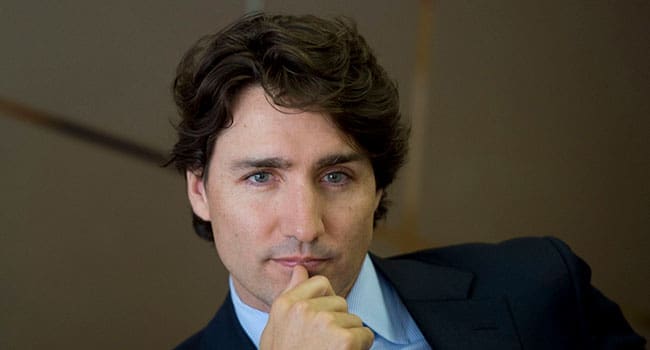 Canada has millions of passive oil and gas investors who just don’t know how their dollars are working for them.
Canada has millions of passive oil and gas investors who just don’t know how their dollars are working for them.
They have no clear idea how their investments are performing – keeping things like health-care and tuition payments, and roads and culture costs in check. And, in Alberta, keeping sales taxes at bay.
These investors are actually resource owners, too, and their portfolio manager is the Crown.
Provincial governments, or the Crown, act for taxpayers, collecting payments from oil and gas companies that want to make a profit by investing in our resource assets.
In rare circumstances, historic freeholders own the mineral rights beneath their feet. Otherwise, Canada’s resource wealth belongs to all citizens. In the United States, that’s not the case – and it’s one of the major distinctions between the two resource economies.
So why are Canadians not acting like investors?
In part, because they’ve abdicated that responsibility to governments. That in turn obscures the fact that Suncor, as a corporate entity for example, does not own a single petroleum molecule, save for any freeholdings. It simply pays the government for the right to extract wealth from those molecules. Rent, in effect.
Most Canadians know, of course, that the quality of life we enjoy comes in great part from a robust resources sector. Where they may not connect the dots is between themselves and their direct ownership role.
Most people believe that in some way, oil and gas companies own those mineral rights and pay their freight via corporate taxes and the like. Go ahead, test this thesis with your friends and family outside the energy sector.
In fact, most of the sector’s communication at least implicitly reinforces the notion.
But it’s now more important than ever for Canadians to understand their ownership accountabilities and responsibilities.
Capital and investment make the world go round. Capital flowing into the oil and gas sector helps those molecules we all own create wealth for us.
But Canada is struggling to attract capital to its petroleum sector – capital that’s critical to the industry’s future.
Investors are increasingly wary for a variety of reasons. Significant among those reasons is an increasing sense that Canada doesn’t want petroleum investment.
This has much to do with the perception that our politicians are anti-oil – that we’re on the edge of an abyss when it comes to petroleum. Anti-petroleum politicians have been reasonably adept at implying Canadians are behind their thinking, so much so that energy companies are increasingly challenged to find investor dollars.
Would you toss your capital into the unknown? That’s what Canada has become: a place where no investor can find sufficient certainty to consider investment.
Capital is going to other places where it can make a reasonable return without having to run obstacle courses of regulatory uncertainty, political duplicity and public apathy.
But what if global and domestic institutional investors, banks and private equity firms had a clear sense that ordinary Canadians, as resource owners and investors, think it’s important to keep capital flowing into the sector? What it they had a clear sense that Canadians understand those dollars return yields to both investors and Canadian society more generally?
It’s time we all brushed up on our understanding of who actually owns Canada’s resource wealth and why investment in the industry is necessary to keep our economy flowing.
It’s time millions of Canadians rose up to send a clear signal.
Bill Whitelaw is president and CEO at JuneWarren-Nickle’s Energy Group.
Bill is a Troy Media Thought Leader. Why aren’t you?
The views, opinions and positions expressed by columnists and contributors are the author’s alone. They do not inherently or expressly reflect the views, opinions and/or positions of our publication.

